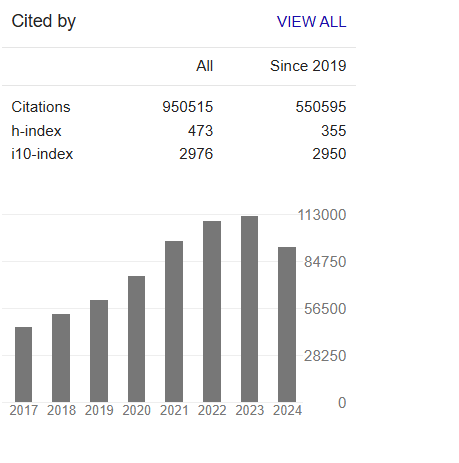Greywater Sources, Characteristics, Utilization and Management Guidelines: a review
Abstract
AE Ghaly, NS Mahmoud, MM Ibrahim, EA Mostafa, EN Abdelrahman, RH Emam, MA Kassem and MH Hatem
Greywater is defined as a domestic wastewater that is uncontaminated by direct contact with human excreta. Sources of grey water include kitchen sinks, showers, baths, washing machines and dishwashers. Most greywater streams produce effluents high in dissolved contaminants and low in turbidity and suspended solids. As global water resource supplies are worsening and water shortages will affect 2.7 billion people by 2025, resulting in poverty and famine. Reusing greywater is a good way to solve this water shortage problem. As greywater contains fewer pathogens than domestic wastewater (black water), it is safer to handle, easier to treat and reuse onsite for toilet flushing and landscape or for crop irrigation and other non-potable uses. Greywater use in gardens or toilet systems helps to achieve some of the goals of ecologically sustainable development including: (a) reduced freshwater extraction from rivers and aquifers, (b) less impact from septic tank and treatment plant infrastructure, (c) reduced energy use and chemical pollution from treatment plants, (d) groundwater recharge and (e) reclamation of nutrients. However, the biological oxygen demand (BOD), surfactants, oil and grease, detergent residues (nitrogen, phosphorous, sulfate, ammonium, sodium, and chloride) must be considered when handling greywater streams. Several countries have developed guidelines for the reuse of treated greywater to flush toilets and irrigation systems for ornamental garden and lawn watering, depending on the type of grey water and treatment level. Many developed and developing countries have established regulations and guidelines for greywater treatment and reuse. However, some countries have strict rules compared to others. Egypt appears to be a world leader in the treatment and reuse of wastewater and has several laws in place for treatment options and selection of crops to be irrigated with treated wastewater. Given the water shortage in Egypt and the growing population, the government of Egypt imparked on several mega projects of 4-level wastewater treatment throughout the country for use in agricultural production.



